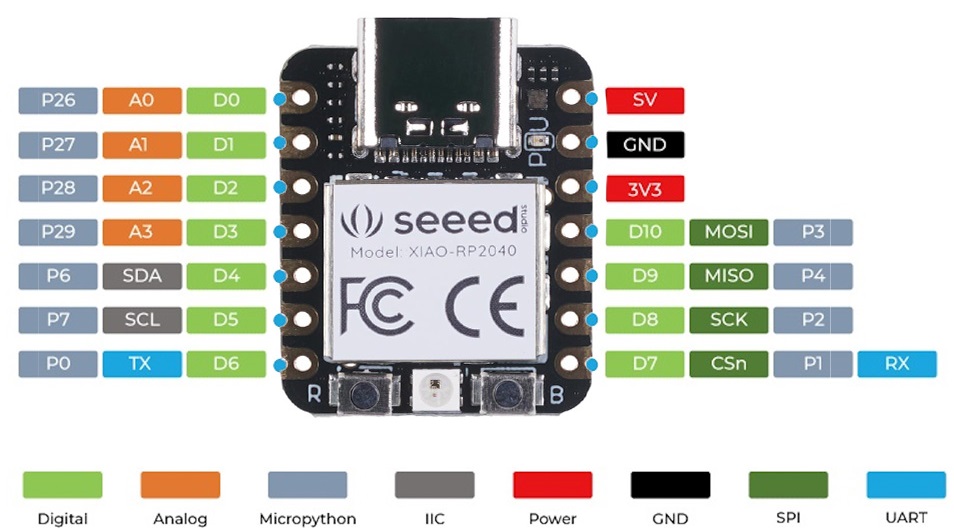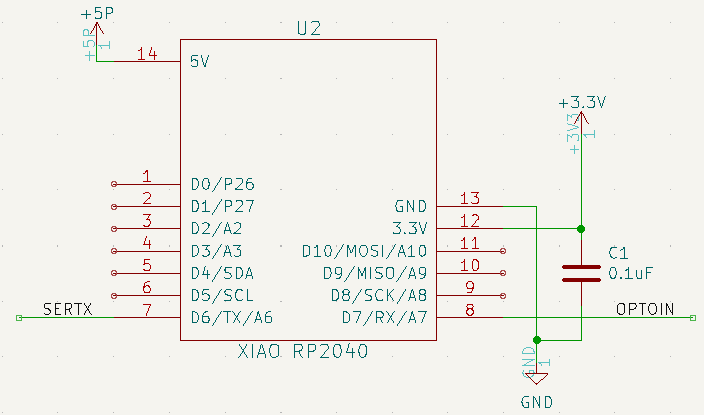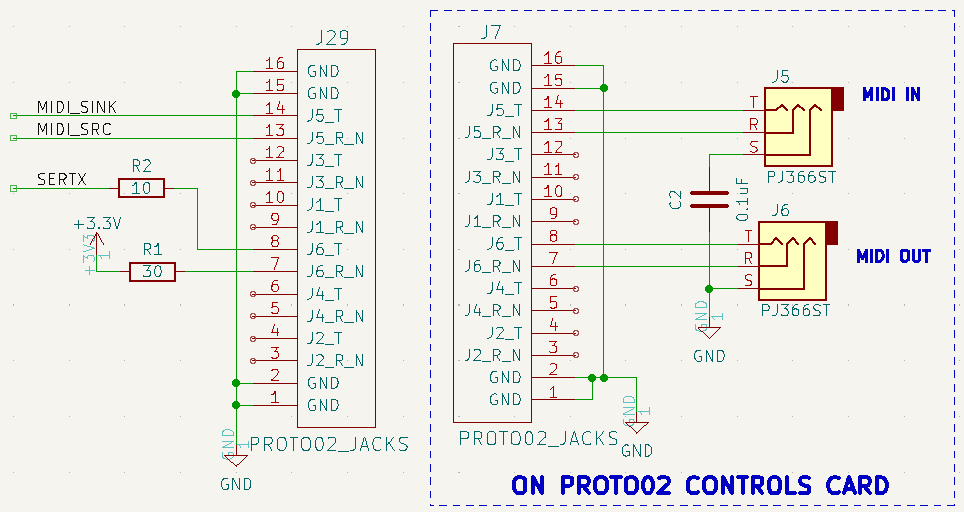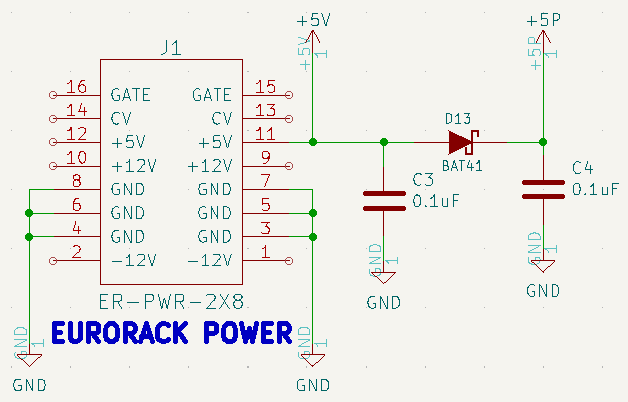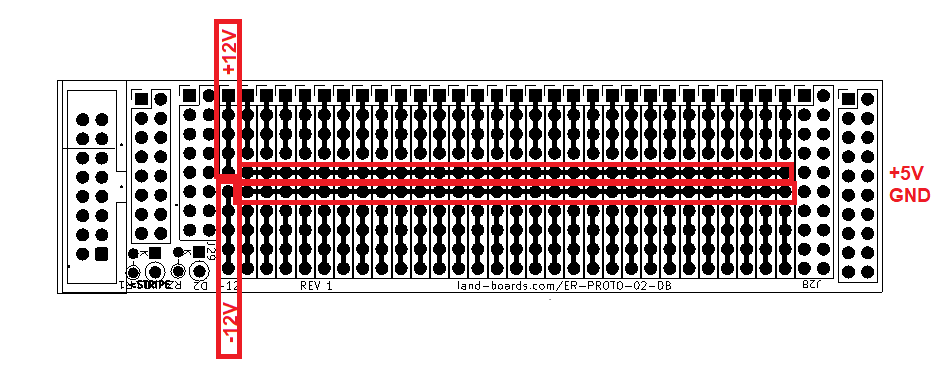Difference between revisions of "ER-USB-MIDI"
Jump to navigation
Jump to search
Blwikiadmin (talk | contribs) |
Blwikiadmin (talk | contribs) |
||
| Line 54: | Line 54: | ||
** Drive will appear on PC | ** Drive will appear on PC | ||
** Drop [https://github.com/land-boards/QT-Py/tree/main/CircuitPython/CircuitPython_Firmware/XIAO_RP2040 CircuitPython uf2] onto the drive | ** Drop [https://github.com/land-boards/QT-Py/tree/main/CircuitPython/CircuitPython_Firmware/XIAO_RP2040 CircuitPython uf2] onto the drive | ||
| − | * Drop [https://github.com/land-boards/QT-Py/ | + | * Drop [https://github.com/land-boards/QT-Py/blob/main/CircuitPython/Seeed_XIAO_RP2040/ER-USB-MIDI/code.py application and libraries onto card] - Drop as code.py to auto-run |
* Download/run [http://www.midieditor.org/ MIDIEditor] | * Download/run [http://www.midieditor.org/ MIDIEditor] | ||
** Edit | ** Edit | ||
Revision as of 06:22, 16 January 2023
Features
- USB MIDI to MIDI Serial Output
- MIDI In/Out
- Built on ER-PROTO-02
- XAIO RP2040 CPU
- Based on Adafruit QT Py RP2040 USB to Serial MIDI Friends design
- MIDI on TRS A type connector
- J6 = MIDI Serial output
- J5 = MIDI Serial input (future feature)
Seeeduino XIAO RP2040
There are 14 GPIO PINs on XIAO RP2040, on which there are 11 digital pins, 4 analog pins, 11 PWM Pins,1 I2C interface, 1 UART interface, 1 SPI interface, 1 SWD Bonding pad interface.
Design
- XAIO RP2040 CPU
- MIDI Out jack
- Eurorack power
- Not installed since card is powered via USB and remains optically isolated
- J5, J6 = PJ366ST
- Install both Pot/Jack headers/sockets
- Female sockets on Controls card
- Male Pins on Daughtercard
Daughtercard Prototyping Area
Software
- Adafruit MIDI Friends
- Bridges USB MIDI to Serial MIDI
- Takes in MIDI from the USB (typically from a PC running a MIDI player) and send out MIDI
- Maintains optical isolation on MIDI
- Bridges USB MIDI to Serial MIDI
- Listens to MIDI Channel 1
- Load CircuitPython to card (using v7.x)
- Press right button then insert USB cable
- Drive will appear on PC
- Drop CircuitPython uf2 onto the drive
- Drop application and libraries onto card - Drop as code.py to auto-run
- Download/run MIDIEditor
- Edit
- Settings
- MIDI Output
- Select CircuitPython Audio
- Load MIDI file (Free MIDI files sites)
- Click play button
